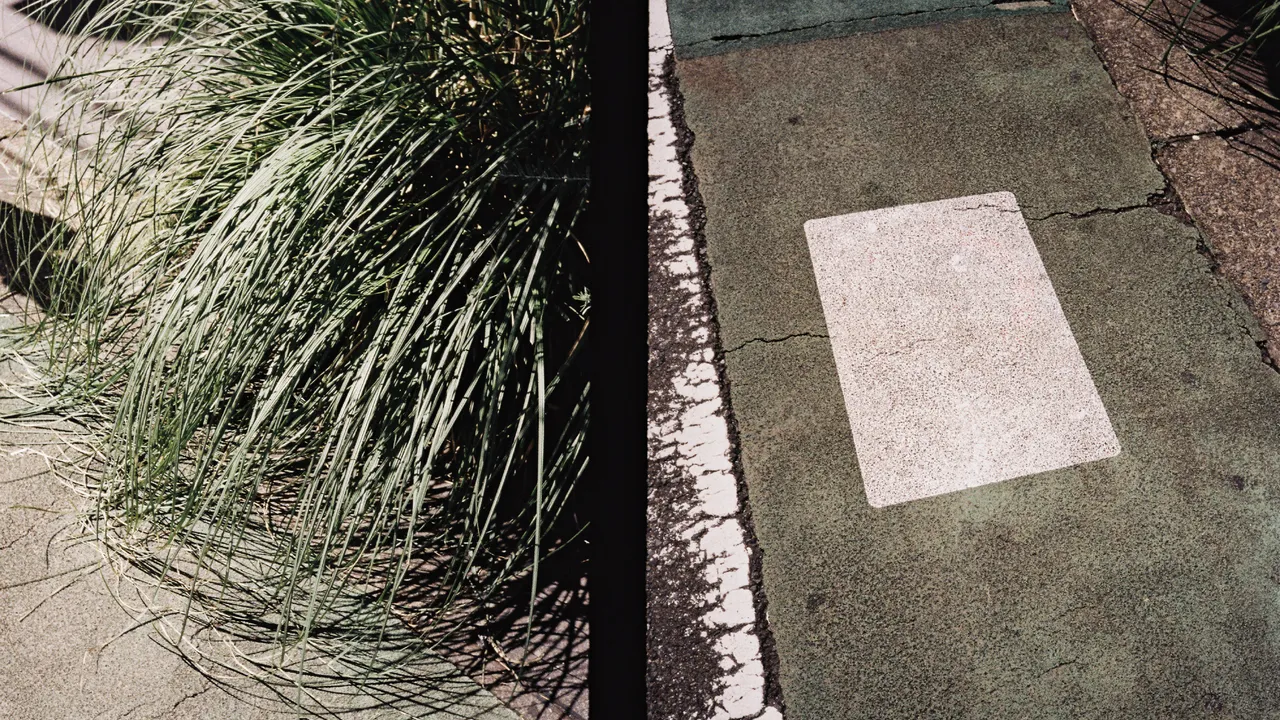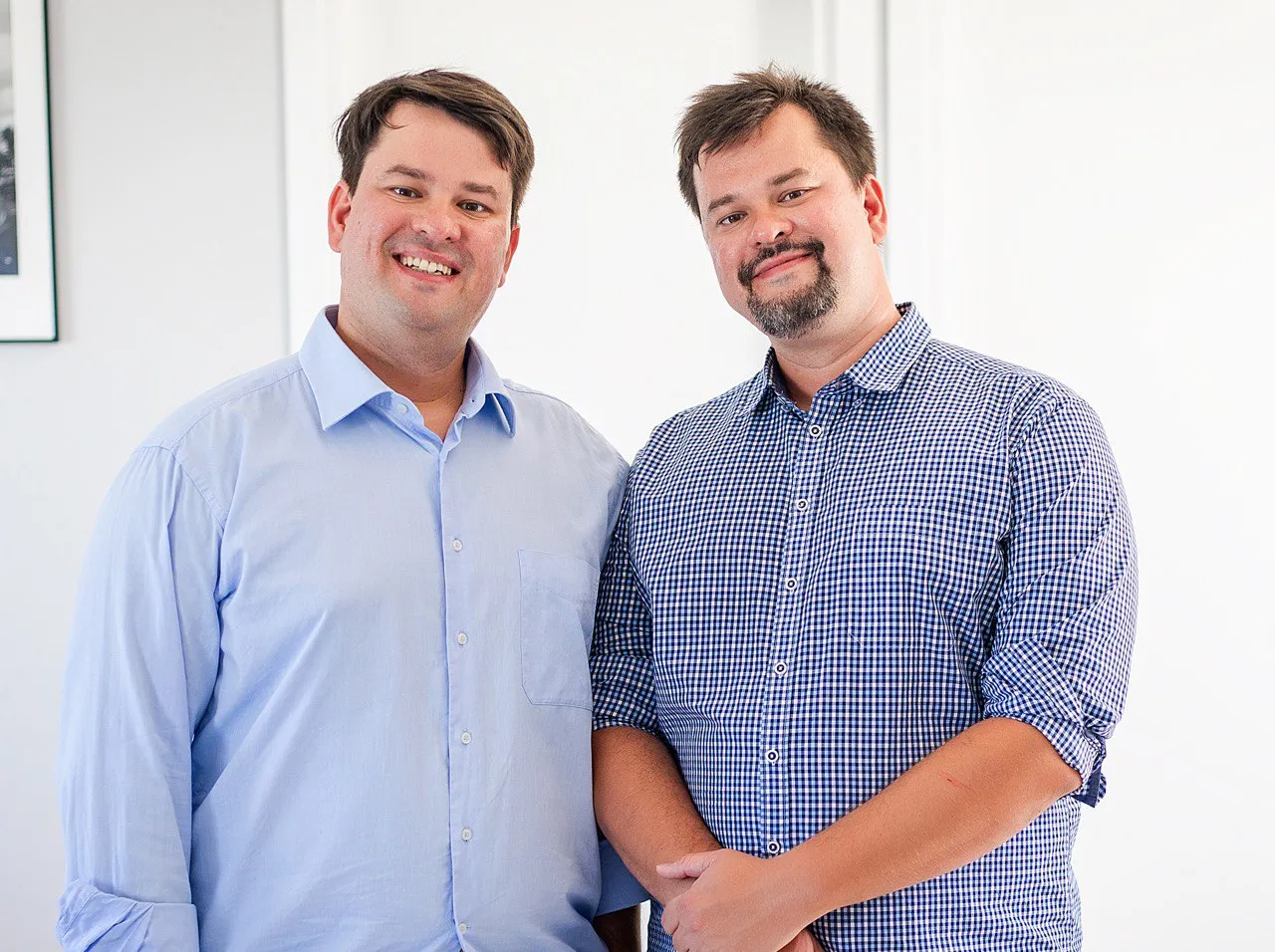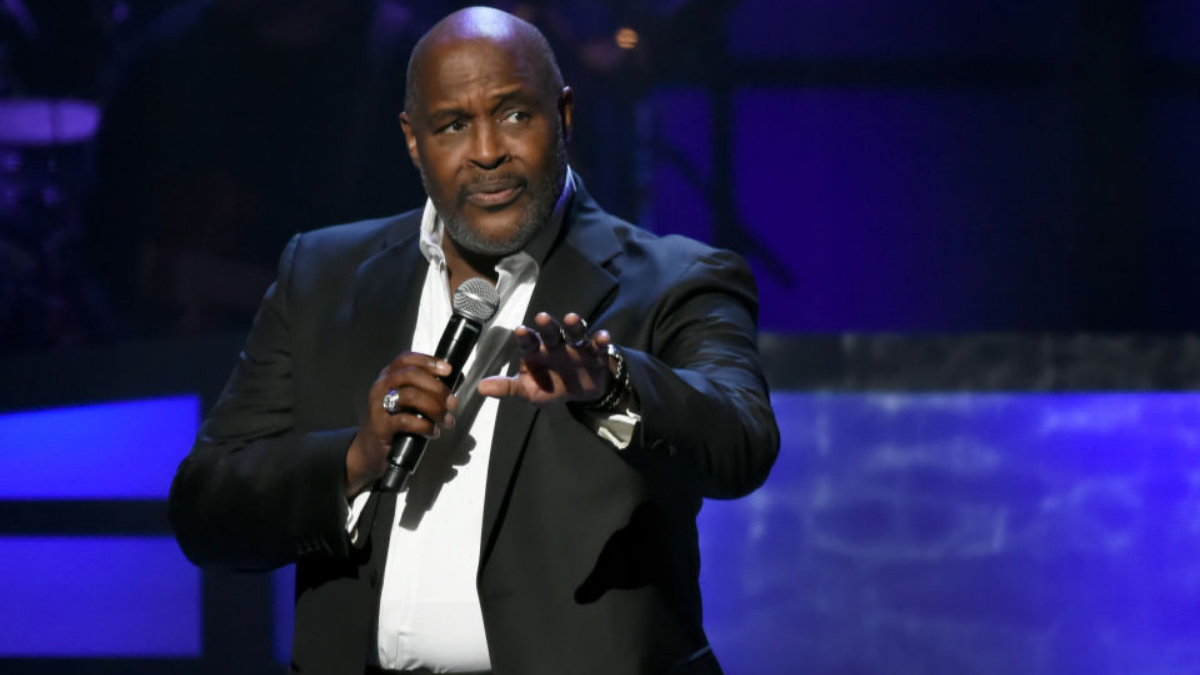Copyright Pitchfork

In the mid-2010s, around the time Emily A. Sprague started gaining traction with her indie-folk band Florist, unsuspecting viewers of Brian Eno videos on YouTube found themselves directed to a treasure trove of 1980s Japanese ambient music. Why the algorithm decided to spit out gems like Hiroshi Yoshimura’s Wet Land and Midori Takada’s Through the Looking Glass still isn’t fully understood, but reissue labels on both sides of the Pacific were quick to do the math. Almost 10 years later, it’s hard to imagine any serious ambient fan compiling a list of the genre’s greatest works and ignoring the environmental music, or kankyō ongaku, that thrived in Japan’s ’80s bubble economy. Sprague, born 1994, was the right age to get into this stuff. She’s long cited Japanese music and culture as an influence on her work, even including a poem in Japanese by Kiki Kudo in the edition of her Water Memory/Mount Vision double-CD bundle released in that country. On her new album Cloud Time, culled from live material recorded during her first-ever visit to Japan, she flirts explicitly with the tones and textures associated with Japanese environmental music. Kankyō ongaku was typically designed for installations, and many of its watershed works had site-specific purposes: Yoshimura’s sublime Surround as the soundtrack to a line of prefab homes, Haruomi Hosono’s Watering a Flower as background music for a chain of convenience stores. Sprague likewise imagined these recordings as a sort of site-specific art, embarking on her tour with minimal preparation to achieve maximum spontaneity live. “I wanted to bring to the space ... something that existed only there, with anyone who was also there,” Sprague said of these recordings. But a venue full of strangers is a different environment from the sort of everyday domestic setting kankyō was meant to exalt and reassure, and likewise the lightning-in-a-bottle aspect of a live show differs from the reliability and sturdiness of installation music. If the music reacted with the venue, enhancing both the space and the emotional safety of the people within it, there’s no evidence of that in what we hear. We hear no crowd noise, no applause, no squeak of chair, no reverb bouncing off walls. The music is recorded so austerely it’s as if Sprague has jammed her field recorder inside the instrument itself. Sprague is best-known in her solo work for her use of modular synths, but here she performs on a polyphonic synth run through a substantial delay time. This setup allows Sprague to jam with herself, and means elements from earlier in an improvisation appear at a time Sprague might not necessarily anticipate, giving this music the lick of spontaneity she sought when she set out to Japan with no plan in mind. These tracks flit so quietly in the back of the subconscious it might be hard to notice how far they end up from where they began, covering great distances in short runtimes without seeming to move much at all. Notice how an idle pitch-bend on “Osaka” multiplies until the whole thing goes wonky, or how subtly “Tokyo 1” builds from a shimmer to a Stephen O’Malley-esque growl that’s a bit toothier than anything you’re likely to have heard piping over the speakers of a Muji store in Japan in the ’80s. This is deeply solitary music, the sound of Sprague jamming with her lonesome self in a room full of strangers with no plan in mind. As such, it inadvertently ends up evoking the road-warrior myth so beloved by Americans like Sprague—and the interiority it implies—more than any of its Japanese philosophical influences. Perhaps there were revelatory moments of communion between Sprague and the audience on the evenings she recorded the tracks on Cloud Time, but by the end of the album, I was mostly left with the reality of a touring artist packing up their gear and going back to the hotel, alone. All products featured on Pitchfork are independently selected by our editors. However, when you buy something through our retail links, we may earn an affiliate commission. Emily A. Sprague: Cloud Time



